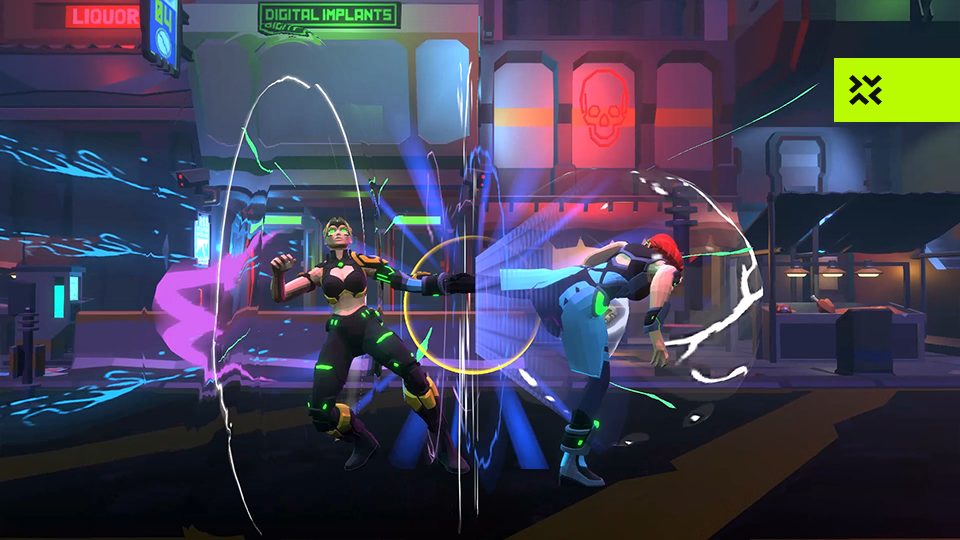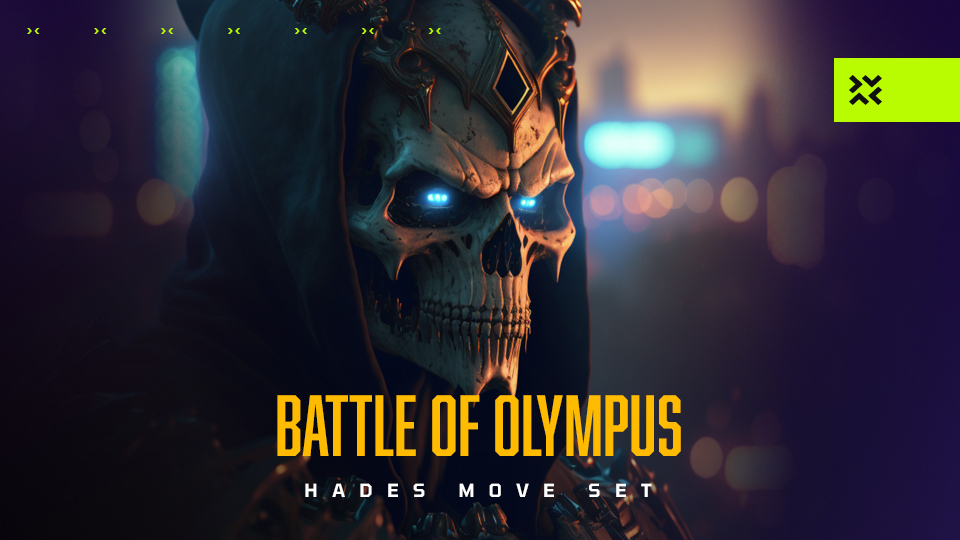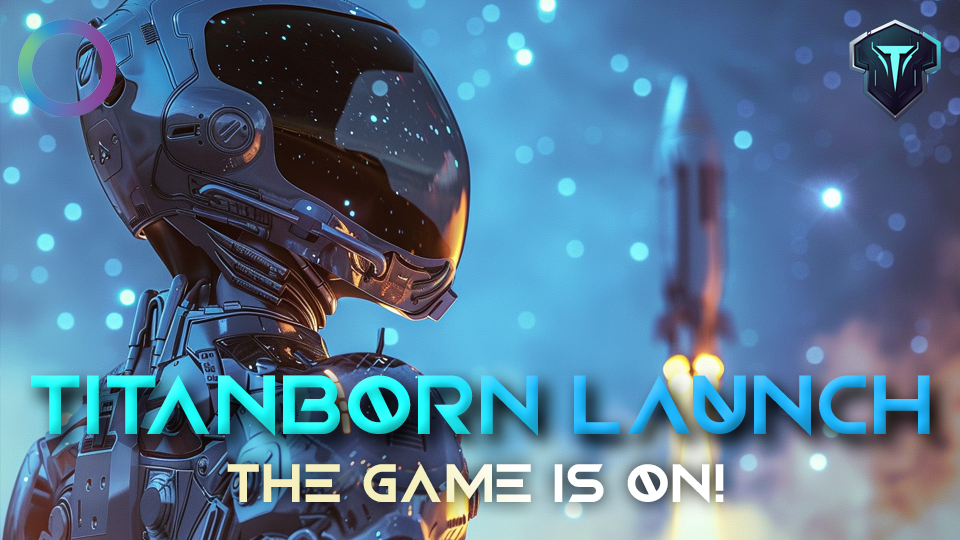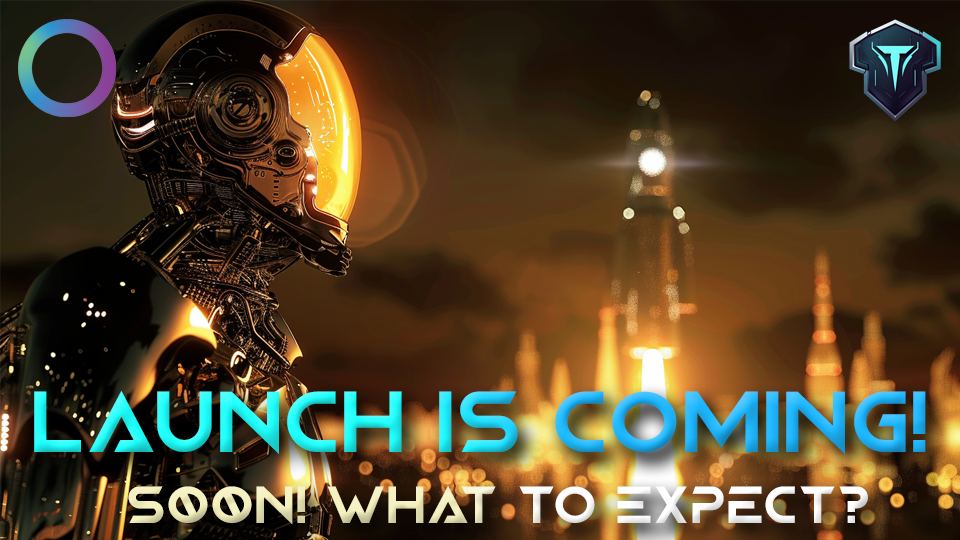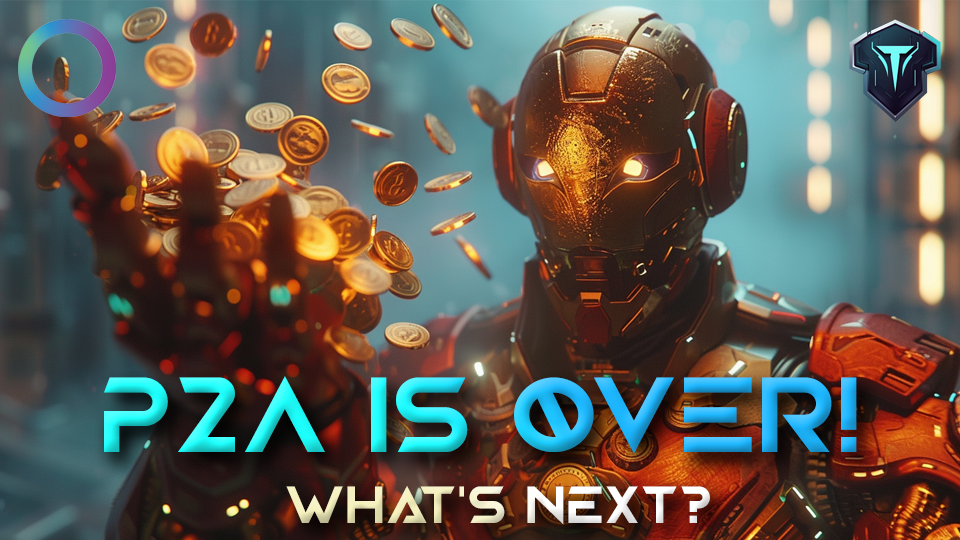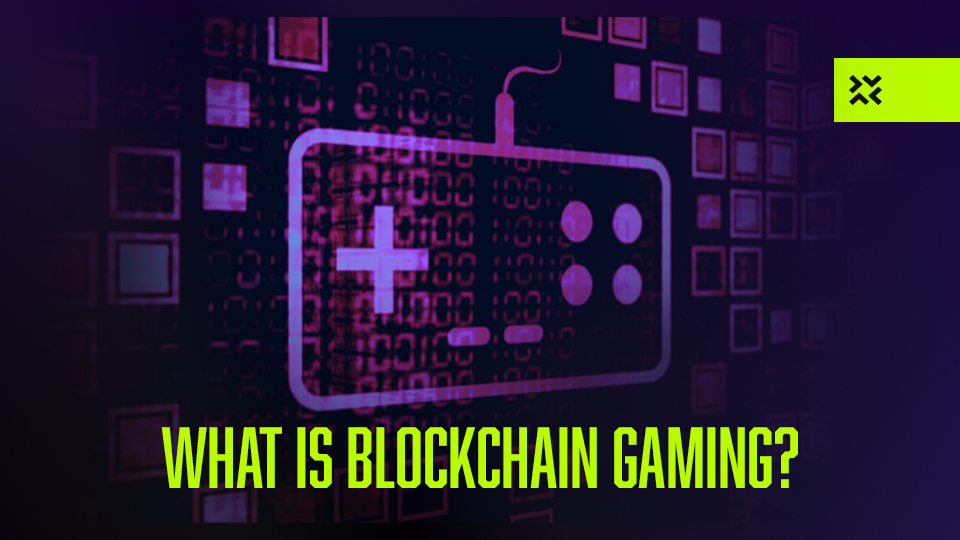
What happens when you take the excitement of video games and combine it with revolutionary blockchain technology? Enter blockchain gaming.
In recent years, the increase in interest in blockchain and cryptocurrency has led to exciting new developments, such as this new genre of gaming. In this article, we’re going to give you all the information you need to understand blockchain gaming and whether it’s right for you.
What are blockchain games?
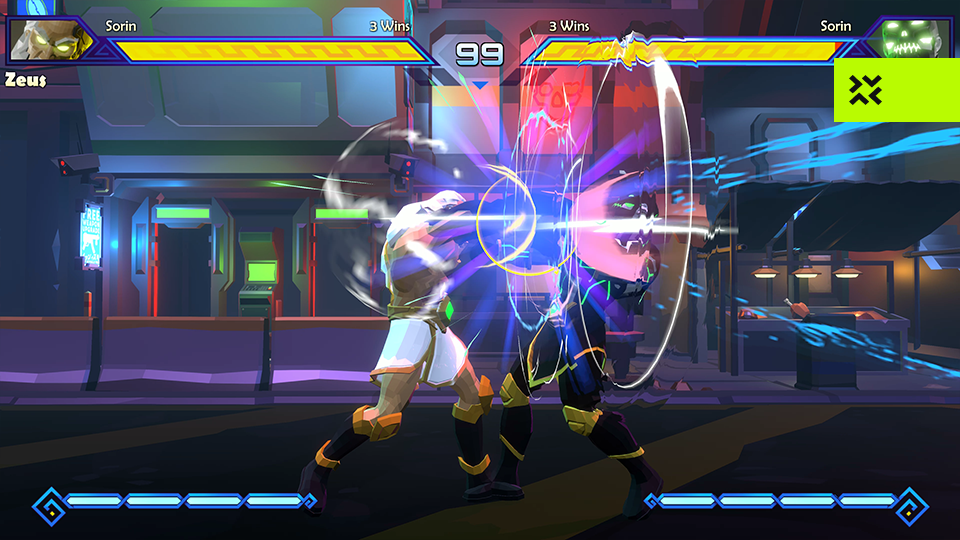
Blockchain gaming refers to the use of blockchain technology in the development of video games. If you’re new to this field, to keep things simple, a blockchain is a public, digital ledger where everyone can see and track all transactions and assets. You can create unique digital assets on the blockchain, which you can transfer to others.
Similar to traditional games, blockchain games offer players the opportunity to own and trade unique in-game items, such as weapons, costumes, and other virtual assets that have real-world value. Contrary to the games you grew up with, you (rather than a game studio or company) have complete ownership over them.
Facilitated by the blockchain, this can create new opportunities for players to earn money by playing games and introducing novel models for game development and monetization.
In fact, this was a motivating factor for us at Revenant when building our own blockchain game, Battle of Olympus. We wanted to create a project with all of the excitement of the fighting games we had grown up with, such as Tekken and Street Fighter, while incorporating revolutionary technology to benefit gamers.
Follow Battle of Olympus on Twitter and join our Discord to get the latest game development news.
The rise of blockchain gaming
The rise of blockchain gaming, sometimes known as GameFi or play-to-earn, has been fueled by the increasing popularity of cryptocurrency and the growing interest in applications for blockchain technology in various industries. In recent years, several blockchain-based games have had a huge impact on the market.
For example, Axie Infinity, allows players to own, breed, and trade unique creatures known as Axies, in CryptoKitties, you buy, sell and breed virtual cats, and in God’s Unchained, players collect cards, giving the player complete ownership over in-game items. These are just a few of the most popular in the last years.
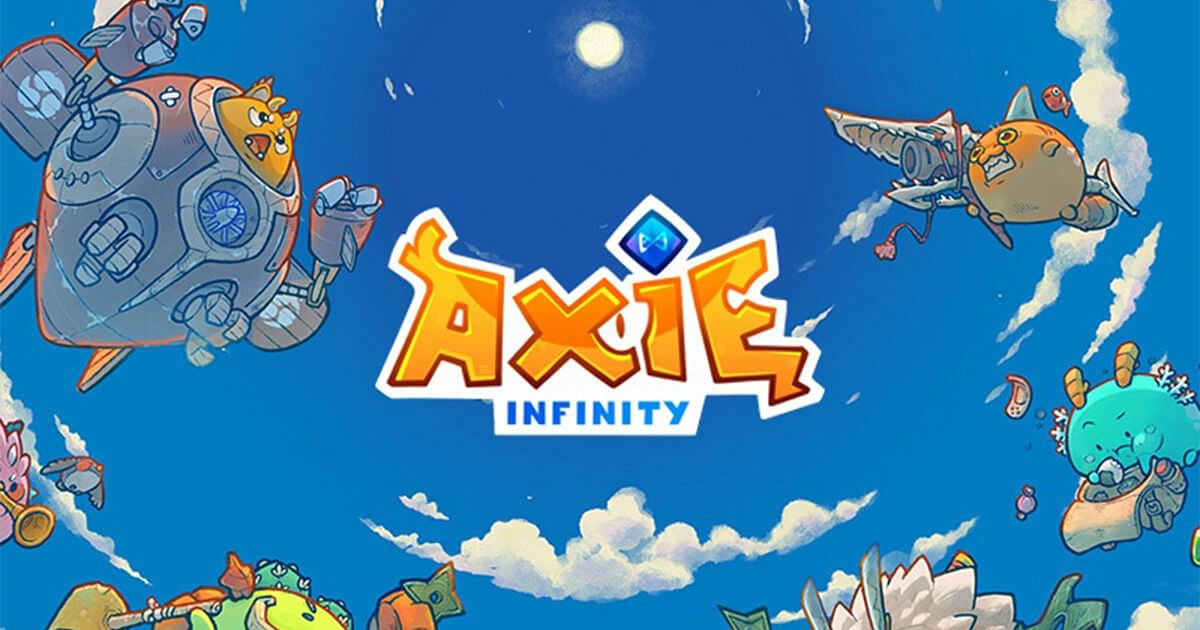
What are the benefits of blockchain gaming?
Players in traditional gaming typically cannot own and trade unique in-game assets. This means that any progress or achievements made in a game are not easily monetizable.
In other words, players cannot capitalise on their own hard work. This means they are often limited to the in-game rewards and bonuses game developers offer, with few or no opportunities to earn money by playing their favourite titles.
Conversely, blockchain gaming allows gamers to have full ownership over their in-game assets. What’s more, it also provides a digital certificate of authenticity on the blockchain, demonstrating that their items are unique and cannot be replicated.
These capabilities are revolutionary in providing players with more control, rather than funnelling profits solely to the game studio.
Challenges of blockchain gaming

Although the future of blockchain gaming holds a lot of promise, it’s important to be well informed on its limitations as well before making the decision to start playing (or making) your own.
The crypto barrier
Generally speaking, the gaming community is uninformed and even against cryptocurrency. And blockchain gaming requires a basic understanding of certain concepts, such as using a private wallet like Metamask.
For this sector to be successful, it must manage this if it aims to attract traditional gamers, instead of just cryptocurrency investors.
Innovation is always ahead of regulation
Another limitation of blockchain gaming is the lack of regulation and oversight. Because blockchain technology is decentralised and has yet to be fully regulated to the extent of the traditional financial system, including banks and the stock market, it can be difficult to ensure that players are protected and that the games’ virtual economies are fair and transparent.
This has led to the emergence of bad actors in the space who can take advantage of players by scamming them, damaging the reputation of the industry and game development teams that are actually making blockchain games the right way.
What’s next for blockchain games?
While there are some challenges and limitations to consider, the future of blockchain gaming looks promising. Blockchain technology in the gaming industry can offer unique benefits, such as the ability for players to own and trade unique in-game assets and earn money by playing games.
On the Revenant team, these advantages increase our dedication to building exciting games like Battle of Olympus, where players can play and earn, without sacrificing engaging gameplay. What are your thoughts on blockchain gaming and where this industry is headed? Let us know and make sure to follow Revenant on social media.


